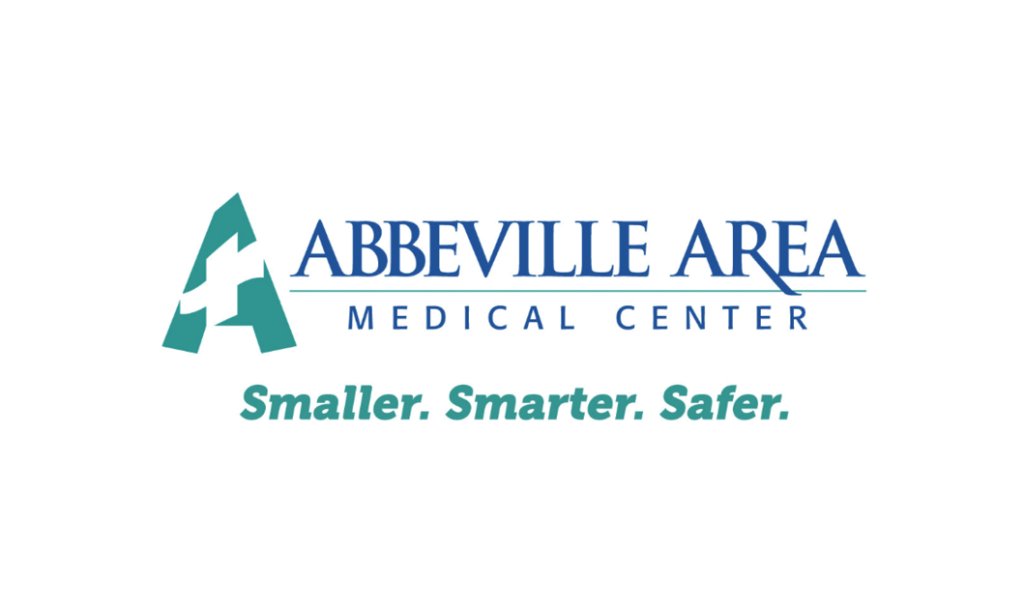
The implementation of Z Codes by Abbeville Area Medical Center in South Carolina to screen patients for social determinants of health needs have led to assistance for residents that continues to show promise as community support programs expand.
The medical center, which is a rural critical access hospital, began screenings about a year ago in three of its physician practices and eventually introduced them to patients at its hospital. The questionnaire, consisting of 10 questions, immediately began revealing patients who were experiencing food insecurity, transportation issues, and difficulty affording doctor appointments and medications.
The medical center collaborated with a number of community organizations to work toward grant funding to implement a transportation system to serve Abbeville County. Data collected from screenings was used in the grant request process, which resulted in the award of a $100,000 grant from the National RTAP (Rural Transit Assistance Program) to the McCormick Area Transit System who agreed to expand its services to Abbeville County, said Ambre Ellenberg, MSN, RN, CRHCP, Director of Quality at Abbeville Area Medical Center.
A community outreach team was created to find other resources available to address patient needs. A one-page list was also created for health care workers to distribute to patients when needs were identified. This was an important step in getting some team members on board with an additional task of screening patients.
“A big issue we heard from our nurses was if we ask them to do a questionnaire with a patient, what do we do next? How we will be able to help them,” Ambre said. “If we only had a binder in the office, that would be too much. It’s too big. The one-page resource list provided our nurses an immediate tool to give to patients before they left the doctor’s office.”
Data collected from the screenings also allowed the medical center to apply for and be awarded another grant to offer free appointments for mental health, which is big issue in the area, Ambre said. Another program that launched as a direct result from the screenings was a monthly drive-through food box distribution.
“Patients can drive up, get fresh foods as well as non-perishable foods,” Ambre said. “We are looking to grow this program more by offering meat as part of the distributions in the future.”
A chronic care management program was also started within the medical center’s primary care practices, which also uses community resources that are available outside of the hospital.
The implementation of Z codes for social determinants of health screenings will eventually become a requirement by the Centers for Medicare & Medicaid Services (CMS) to achieve accreditation, but the success that Abbeville Area Medical Center has experienced as an early adopter benefitted the hospital and its patients. What was a slow process at first continues to cultivate, and Ambre said there is “so much more to come.”
“We still have a lot of growing to do,” she said. “We are still scratching the surface but at least we are starting to see results, and one advantage of being a small hospital is we can have direct relationships within the community to help the residents we serve.”
